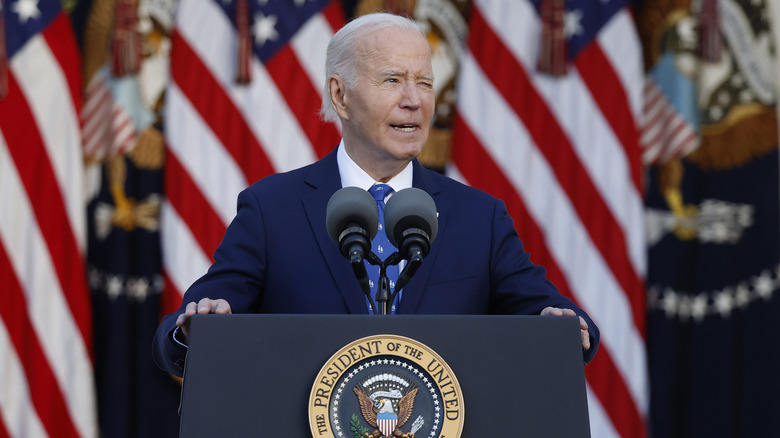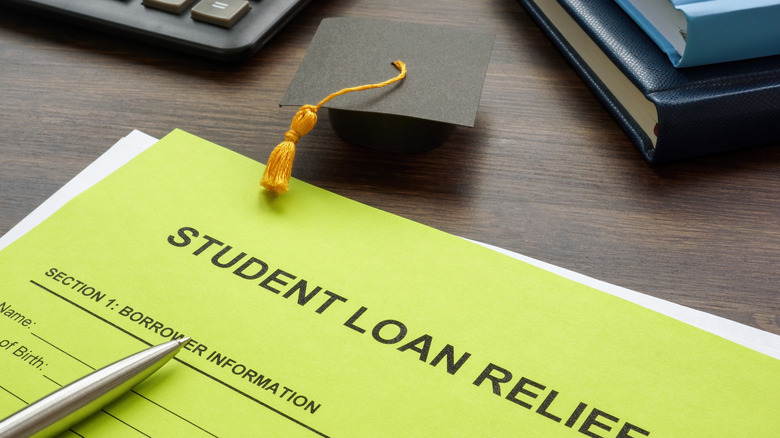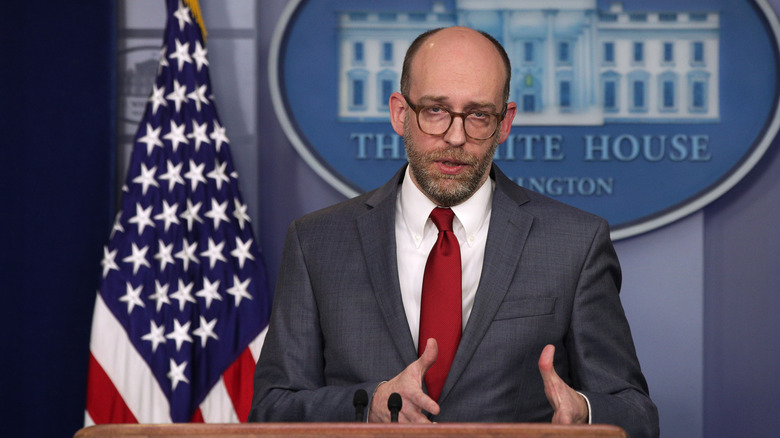Student Loan Relief: Will Biden's Last Stand Finally Knock Out Student Debt?
In the home stretch of his administration, President Joe Biden has made a final push to provide student loan forgiveness and relief to Americans suffering under the $1.74 trillion (and counting) owed in national student loan debt.
Via an interim final rule announced November 15, 2024 by the Department of Education, the Biden administration has reopened two previously phased-out income-driven repayment (IDR) plan pathways for borrowers seeking federal student loan forgiveness. The revived plans are the Pay-As-You-Earn (PAYE) plan, and Income-Contingent Repayment (ICR.) If this imminently affects you, there are strategies for how to choose the best student loan repayment plan.
The Department of Education rule also extends enrollment deadlines for both plans from July 1, 2024 to July 1, 2027. This slightly widens the eligibility gap for borrowers hoping to qualify for Public Service Loan Forgiveness (PSLF) or IDR-based loan forgiveness options. Whether this last attempt to deliver broad debt relief will be lasting, or shut down as previous attempts were by Republican-led states' legal coalitions and the Supreme Court (or simply unwound by the second term of the Trump administration) remains to be seen.
Why Biden is reopening these old repayment options now
Joe Biden's last stand is a bare-minimum attempt to circumvent the injunction against his Saving on a Valuable Education, or SAVE) plan. The injunction, issued by the 8th Circuit Court of Appeals in August 2024, threw millions of borrowers into forbearance, indefinitely halting repayments and the ability to work towards loan forgiveness while the SAVE plan makes its rounds in court.
Millions of borrowers may still feel stuck with PAYE and ICR instead of SAVE, but at least both reopened plans allow for a glimmer of hope for student loan forgiveness at the end of a 20 to 25 year repayment period. However, just like everything else with the coming regime change, uncertainty is in high supply. The courts, as well as the Trump administration, may prove as obstacles to relief.
The 8th Circuit's injunction questions the legality of student loan forgiveness entirely, be it through SAVE, or through decades-old (and bipartisan) initiatives like PSLF. A benevolent read of why the Biden administration is making this last-ditch effort to improve the outlook for federal loan borrowers is because even a narrowly open legal window will help qualified borrowers try to get as much relief as possible. A more cynical take could be that this is a too-little, too-late attempt to save face while leaving office, having not met the campaign promise of true student loan relief.
The Trump administration on student loan debt relief
While Donald Trump's policy on the student loan debt crisis isn't clear, one thing is: he and his administration have widely maligned Joe Biden's relief measures, and will likely undo anything easily undone shortly after taking office. The second Trump term team will inherit tough decisions to make about collecting defaulted student loan payments otherwise paused since the onset of the COVID-19 pandemic, as well as decisions about everything from capping interest rates to reverting to harsher payment plans borrowers may not be willing or able to manage.
Interestingly, Trump himself often pushed for more fair student loan repayment terms during in his first term. Trump used the power of Executive Order to extend the pause on loan payments during the pandemic when Congress wouldn't agree to an extension, thus allowing Biden the ability to extend such executive power during his administration. However, Trump may follow the radically conservative proposals laid out in Project 2025 by The Heritage Group, which urges his administration to dissolve the Education Department, and to "end abuses in the loan forgiveness programs. Borrowers should be expected to repay their loans."
While Trump initially disavowed Project 2025, he named Project 2025 co-author, Russell Vought, as his pick to direct the Office of Management and Budget for his second term. Following Vought's proposals may cause untold damage to democracy and the country, and certainly will cause further chaos and hardship for those repaying (or in default) on student loans.


